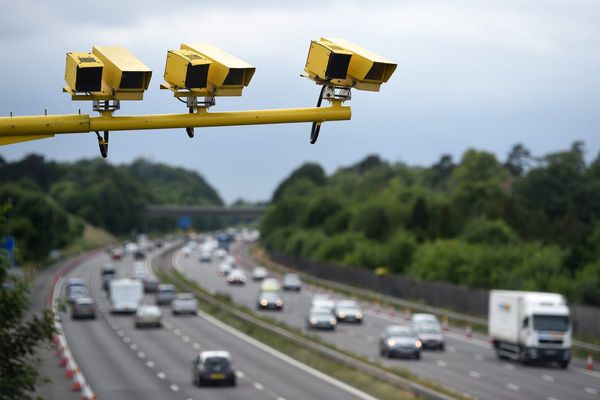Emergency legislation that would bring in a rent freeze for Scotland has just passed its first stage of legislation at Holyrood on Wednesday morning.
The Cost of Living (Protection of Tenants) Bill, which was introduced by First Minister Nicola Sturgeon last month, is to be fast tracked through Scottish Parliament in the coming days. The aim is to elevate economic stress for Scottish home renters as the country endures a crippling cost-of-living crisis.
If passed, the bill will give ministers temporary power to cap rents for private and social tenancies. It will also enforce a six month moratorium on evictions.
Here is everything you need to know if you are renting in Scotland.
Why has a rent freeze been introduced?
The Cost of Living (Protection of Tenants) Bill is part of the Scottish Government’s overall response to the emergency situation caused by the impact of the cost-of-living crisis.
A statement on the Gov.UK website explained: "People who rent their homes are more likely to live in poverty, be financially vulnerable and live on low incomes compared to those who own their home either outright or with a mortgage.
"Households in the rented sector (especially those on lower incomes) generally pay more of their income into housing costs than owner occupiers.
"The cost crisis is placing exceptional financial pressure on households, exacerbating existing inequalities, with the risk that more people could face hardship, especially this winter."
Accommodation rent prices are continuing to rise in Scotland. According to figures gathered by the Office of National Statistics (ONS), private rental prices in Scotland were up by 3.6% in August 2022, compared to just 12 months earlier.
What is the aim of the rent freeze?
As explained by the Scottish Government, the aim of the bill is to:
- protect tenants by stabilising their housing costs
- where possible, reduce impacts on the health and wellbeing of tenants caused by being evicted and/or being made homeless by giving them more time to find alternative accommodation
- seek to avoid tenants being evicted from the rented sector by a landlord wanting to raise rents between tenancies, and reduce unlawful evictions, via a moratorium on evictions and by raising the level of damages that may be awarded.
What will happen if the rent freeze is approved?
If passed, the emergency measures will set a maximum permitted rate increase on rents for both private and social housing as well as Purpose Build Student Accommodation (PBSA). Known as a "cap", the rate will be set at 0 per cent, meaning landlords cannot raise rents above this rate.
The bill will also introduce a temporary moratorium on evictions. This will prevent enforcement action for individual evictions for a maximum of six months in the private and social rented sector, college and university halls of residence and PBSA.
However, there are exceptions to this, which will allow evictions in certain circumstances. This includes cases of anti-social or criminal behaviour seen in tenants "to protect other tenants and the local community."
When will the freeze come into affect?
The rent freeze will cover the period from 6 September 2022 until March 31, 2023. The bill includes power to keep or adjust the rent cap over two further six-month periods.
Don't miss the latest news from around Scotland and beyond - Sign up to our daily newsletter here .







